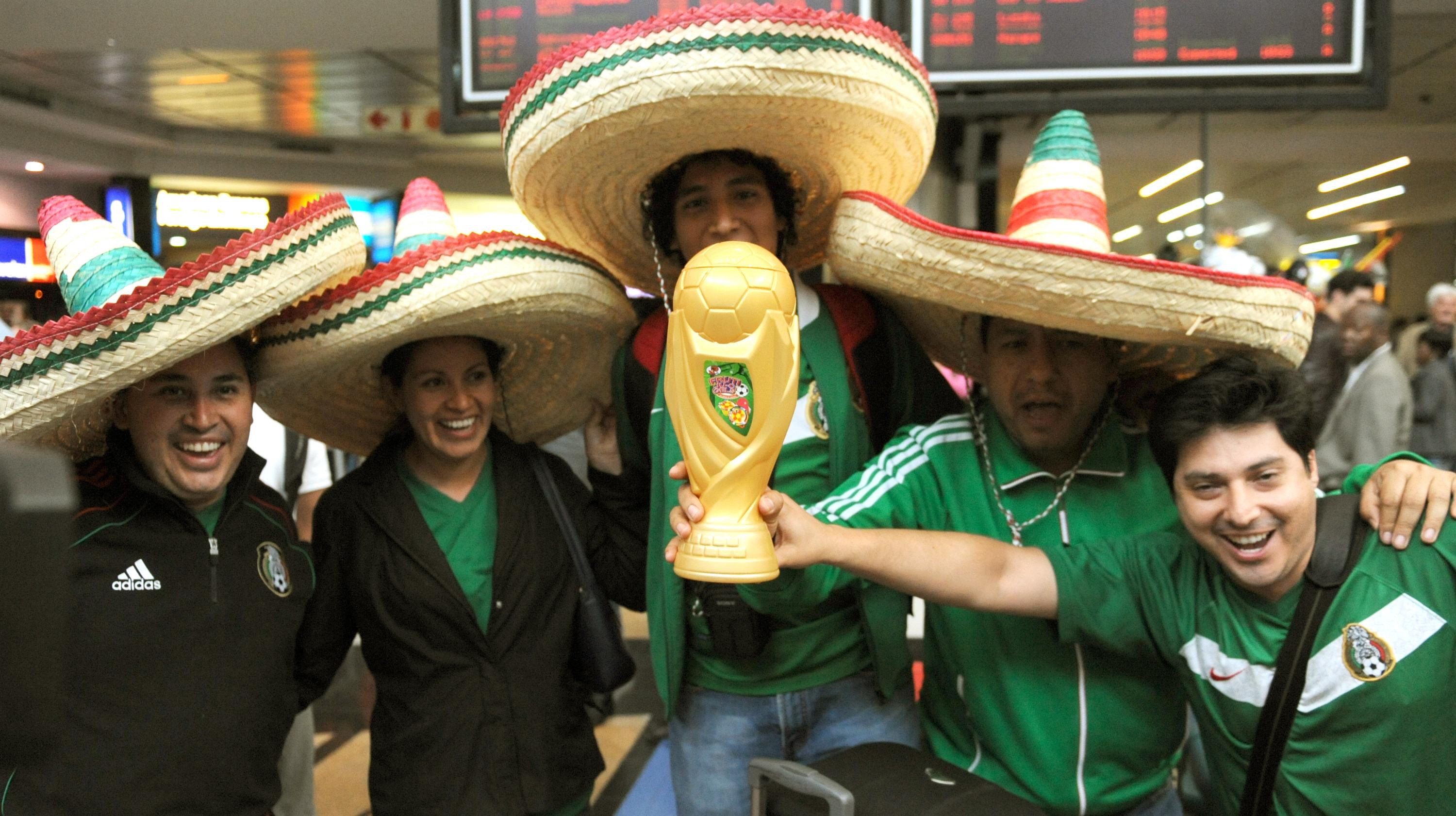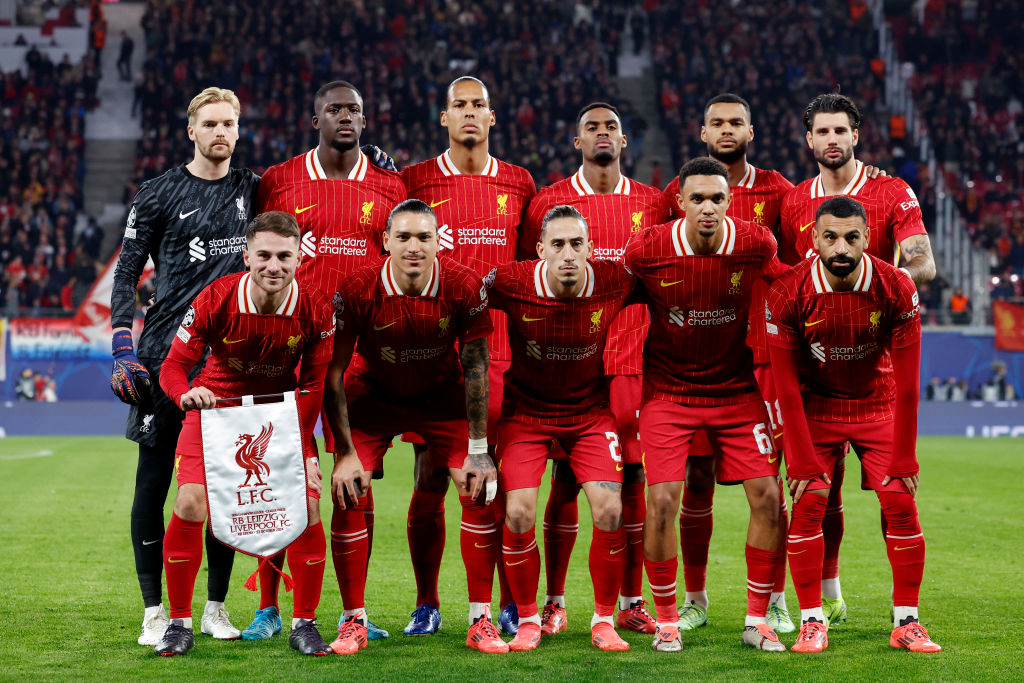Nigerian Football Federation boss wants solidarity from UEFA over World Cup plan

UEFA should demonstrate the same solidarity with the global game over plans for biennial World Cups that was shown to it over the European Super League, a member of the FIFA Council has said.
Amaju Pinnick, the president of the Nigerian Football Federation, called on his UEFA counterpart Aleksander Ceferin to apologise for suggesting European countries could boycott the World Cup if FIFA’s proposals to shorten the gap between tournaments to two years are adopted.
Pinnick reminded Ceferin that just under six months ago, UEFA relied on a number of organisations within the football world to support it in the face of the Super League breakaway threat.
Now, he believes Europe should “show leadership” and support the changes being proposed in order to help develop the game worldwide.
Pinnick told the PA news agency: “If you look at what happened, why couldn’t Juventus, AC Milan, Arsenal, Manchester City form their own league? Solidarity.
“The idea was thrown away because of solidarity, and that is the kind of solidarity we are requesting right now from UEFA.
“You (UEFA) have the strength – help us. They wanted the world to rally around them when they had issues with the big clubs.
Get FourFourTwo Newsletter
The best features, fun and footballing quizzes, straight to your inbox every week.
“UEFA is strong, but what is solidarity? Solidarity is holding (up) the weaker one, and helping him get to a level he never expected to get to.
“Football on the pitch is: a Nigerian passes to a Moroccan, he passes to an Englishman, who passes to an Egyptian, and you score. That is solidarity on the pitch. Off the pitch it should be the same.
UEFA statement on proposals for a biennial World Cup ⬇️— UEFA (@UEFA) September 22, 2021
“Everyone will benefit (from the FIFA proposals). We recognise (UEFA’s) strength, and now we are calling on them to show solidarity to the world, to show leadership, to say ‘this is right, we want to do it’.
“We should look at this through the prism of football development. This is the time that the world is evolving and we cannot just be stagnating.”
On Ceferin’s remarks around a possible boycott in The Times earlier this month, Pinnick said: “That comment deserves an apology from Ceferin. For him to say that is not only discriminatory, it is quite condemnable.
“Ceferin is a lovely guy, we have mutual respect and I like what he has done in UEFA, but there are other continents that need some kind of breather in terms of football development.”
Pinnick will join representatives from associations all over the world in further consultation over the calendar plans at a virtual summit on Thursday.
Increased revenue for FIFA’s member associations is clearly one of the drivers of the proposals. Pinnick believes a biennial World Cup would “treble or double” the money paid out to associations, but his counterpart at the Mexican federation president, Yon De Luisa, gave a more conservative estimate.
“The money that gets into the industry is finite, it cannot increase,” he said.
“(But) there can be a pretty good upside. If we get a second World Cup (in a four-year cycle) I’m sure it’s not going to be twice as much (revenue), but if it’s 50 per cent of the previous or the regular income then that can make a big difference that all the federations get around the world.”
De Luisa recognises there needs to be a lot of further discussion on the fine detail, but says fans in his country are on board with the idea.

“This is something that they are really looking forward to, to not wait every four years to have our national team in a World Cup,” he said.
“Mexico is one of two teams along with Brazil that has participated since the 1994 World Cup, and passed the group stage. However, we have stayed in the fourth match (last 16) so here in Mexico one of our challenges is to become a top-eight team. If we have that opportunity every two years instead of every four, we see that as a positive thing.”
De Luisa is keen for Mexico to play more friendly matches at home, in the United States and in Europe, so one concession he would like is for World Cup qualification to be determined by performance at the CONCACAF Gold Cup, which would remain a biennial event under FIFA’s plans.
FIFA president Gianni Infantino has stated his desire for his organisation’s 211 member associations to make a decision on the calendar proposals by the end of the year.
De Luisa agrees the associations should have the final say.
“The associations, at the end, we do represent the industry within each country,” he said.
“That’s the importance of having a good relationship with the league, having a close relationship with the players, because at the end we need the clubs, we need the players, we cannot exist as an association without clubs and without players.”
Asked whether he had concerns over how this might play out, he said: “I think at the end we have to have an ‘altogether’ industry.
“I don’t see an industry (that is) broken or that we will have tournaments in one part of the world with (only) some countries involved.
“I see that any difference that we have, we’ll find a solution and that all our interests – in CONCACAF, CONMEBOL, UEFA and all six confederations – are met halfway, and that at the end this is something positive for the entire football industry.”
